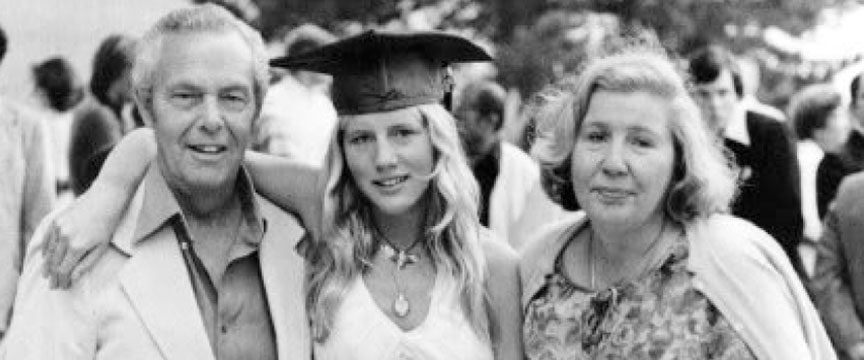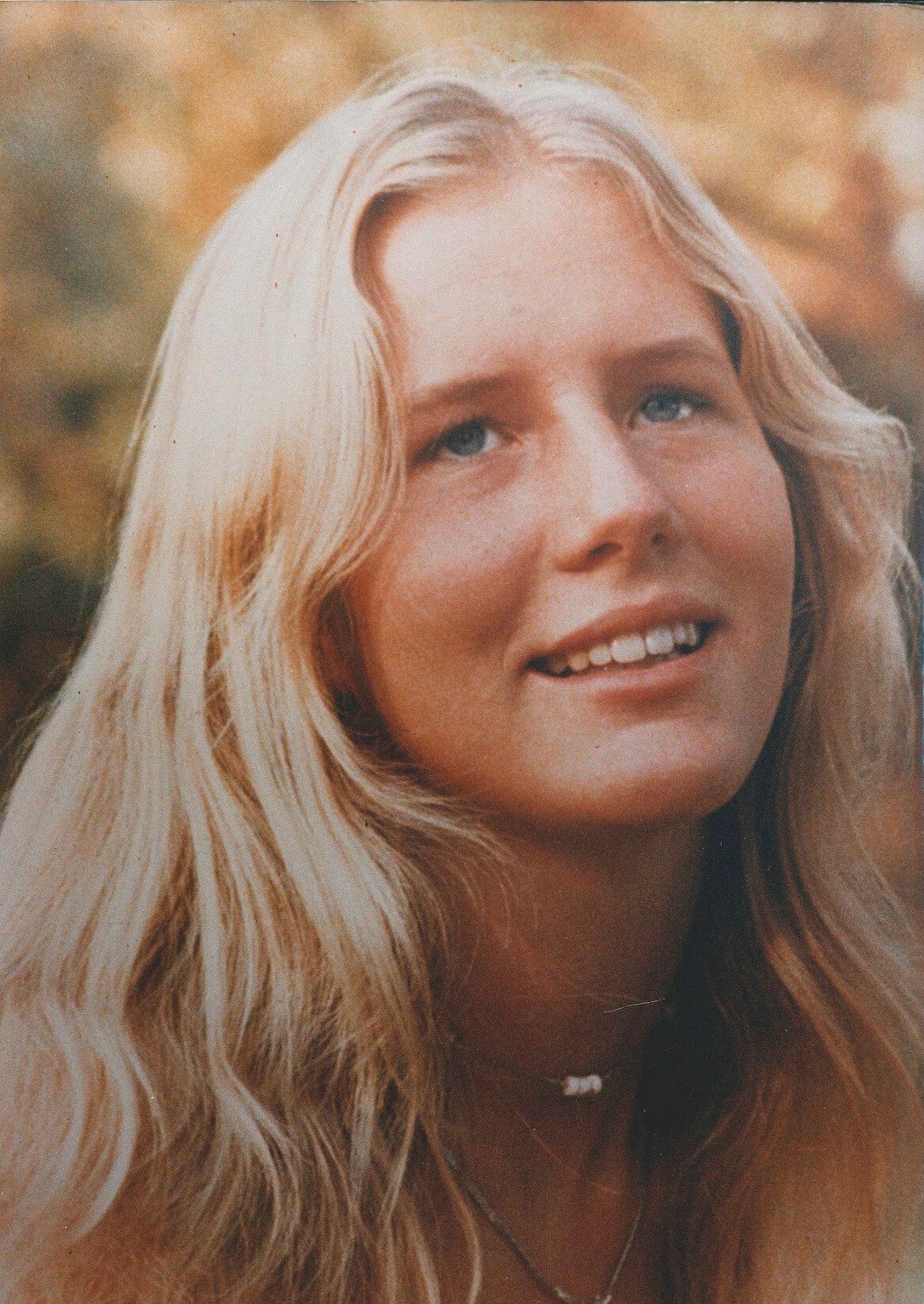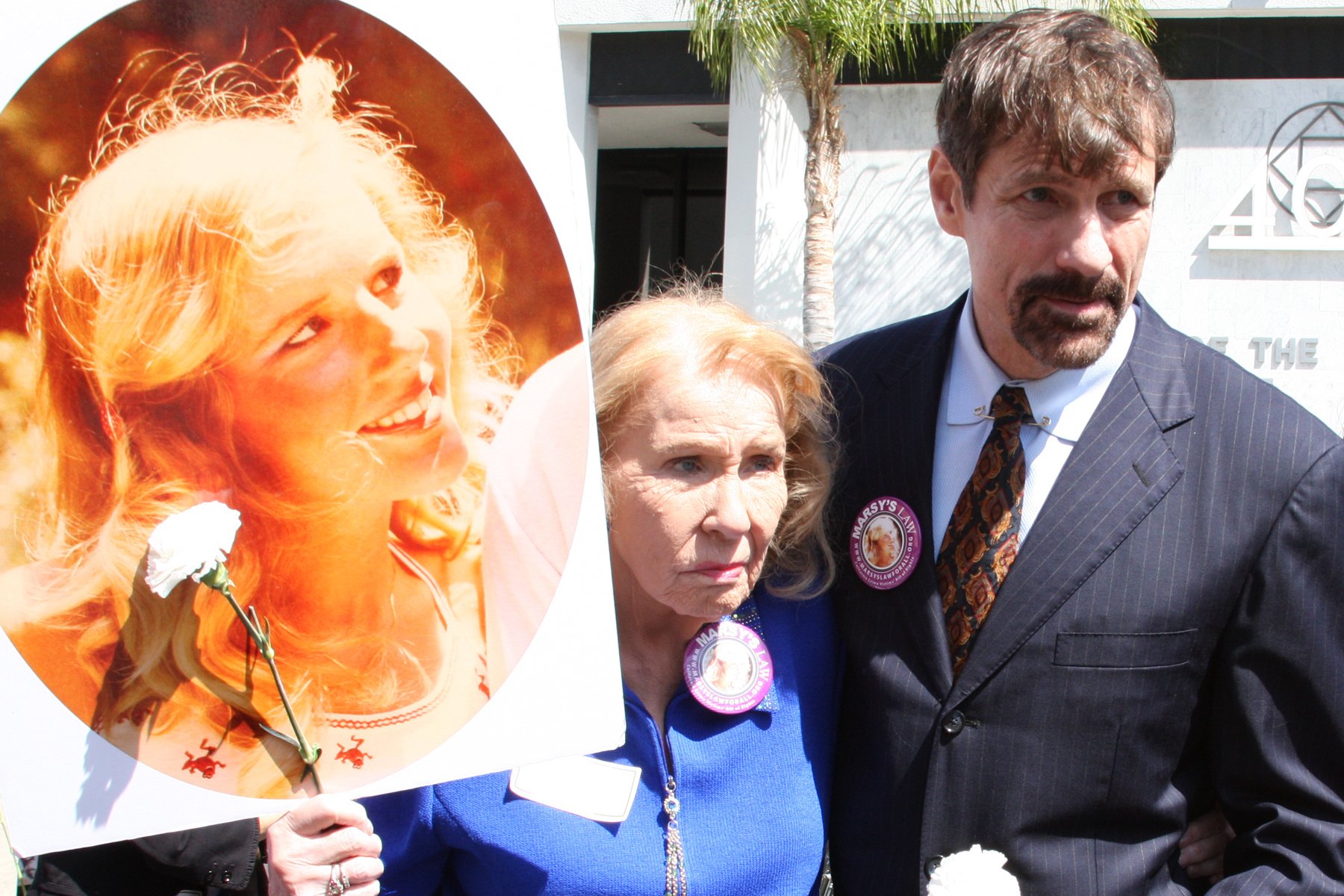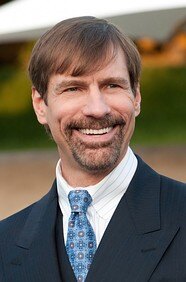About Marsy’s Law
Marsy’s Law seeks to provide an equal voice for crime victims through meaningful and enforceable constitutional rights.

Marsy's Law is named after Marsalee (Marsy) Ann Nicholas, a beautiful, vibrant University of California Santa Barbara student, who was stalked and killed by her ex-boyfriend in 1983. Only one week after her murder and on the way home from the funeral service, Marsy’s family stopped at a market to pick up a loaf of bread. It was there, in the checkout line, that Marsy’s mother, Marcella, was confronted by her daughter’s murderer. Having received no notification from the judicial system, the family had no idea he had been released on bail mere days after Marsy’s murder.
The experience of Marsy’s family is typical of the pain and suffering family members of murder victims so often endure. Marsy’s family was not informed because the courts and law enforcement, though well-meaning, had no obligation to keep them informed. While those accused of crimes have more than 20 individual rights spelled out in the U.S. Constitution, the surviving family members of murder victims have none.
The Marsy’s Law initiative began in California and was led and sponsored by Marsy’s brother, Dr. Henry T. Nicholas III. When it passed in November 2008, Proposition 9, The California Victims’ Bill of Rights Act of 2008: Marsy’s Law, became the strongest and most comprehensive Constitutional victims’ rights laws in the U.S. and put California at the forefront of the national victims’ rights movement.


Said Dr. Nicholas after passage of the initiative, “This is a national movement already. There are hundreds of marches across the country for National Crime Victims’ Rights Week every year. We need to harness that energy to ensure victims’ rights for every American.” Marsy’s Law was opposed by nearly every major newspaper in California state and yet the people of California passed the measure with 54% of the vote. The message was clear – Californians wanted crime victims and their families to have guaranteed rights.
Now, Dr. Nicholas is lending his support to help bring meaningful and enforceable constitutional rights to crime victims across the country. Since Marsy’s Law was passed in California, it has been overwhelmingly approved by voters in Florida, Georgia, Illinois, Kentucky, Nevada, North Carolina, North Dakota, Ohio, Oklahoma, South Dakota, and Wisconsin. Currently, efforts are underway in Idaho and Tennessee.
About Dr. Henry T. Nicholas III, Founder of Marsy’s Law For All
Dr. Henry Thompson “Nick” Nicholas III (born 1959), is the co-founder, and former co-chairman of the board, president and chief executive officer of Broadcom Corporation, a Fortune 500 company. He is also a philanthropist and leader of the victims’ rights movement.
Nicholas was born in Cincinnati, Ohio, to Marcella and Henry T. Nicholas, II, and lived in Glendale, Ohio until he was 4 years old. His father was an attorney with the IRS and his mother was a teacher and later an administrator and theater instructor in the area’s Princeton City School District. When his parents divorced, he moved with his mother and sister to Los Angeles, California. In 1967, his mother married television writer Robert Leach and the family settled in Malibu.
He received a Bachelor of Science degree in Electrical Engineering from the UCLA School of Engineering in 1982, after attending the United States Air Force Academy, in Colorado Springs, Colorado. Nicholas earned a Master’s degree in 1985 and Ph.D. in Electrical Engineering from UCLA in 1998. His doctoral dissertation on “Architectures, Optimization Techniques, and VLSI Implementations for Direct Digital Frequency Synthesizers” became the basis for the development of the chip that launched Broadcom.
Nicholas and business partner Henry Samueli co-founded Broadcom in 1991 in a Redondo Beach, Calif. condominium. In 1995 the company moved from its Westwood, Los Angeles office to Irvine, California. In 1998, Broadcom became a public company on the NASDAQ exchange (ticker symbol: BRCM) and employs about 11,750 people worldwide in more than 15 countries. Nicholas retired from Broadcom in 2003 but continues to serve in a strategic advisory role within the company.
Marsy’s Law For All was founded by Nicholas in 2009. In addition to his work on crime victims’ rights, Nicholas established The Henry T. Nicholas, III Foundation, which focuses on improving the quality of life through investments in education, youth sports, medicine, technology, law enforcement, and national defense.

